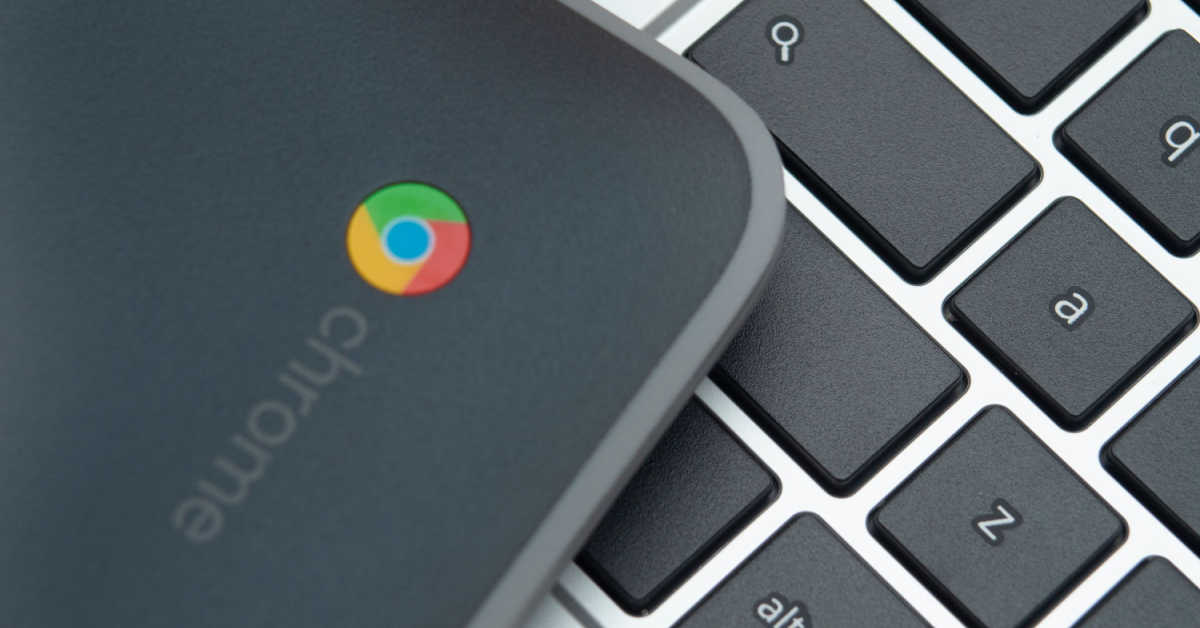Not mine but sounds like a showerthought to me. TL;DR ChromeOS is the “wrong” version of Linux and has 4% while GNU/Linux has 3%
Y’all have some wierd showers.
Interesting read. I was genuinely surprised to read that ChromeOS has 4%+ desktop market share. It’s not popular at all where I am from. I’ve never ever seen one in person.
I used to sell laptops. Most of my customers were elderly people who only needed to watch Netflix, do their banking, check emails, etc. Chromebooks flew off the shelves.
It was the College-bound kids who insisted on a proper laptop.
Extremely old and extremely young people get them
Never understood why “market share” matters to so many Linux enthusiasts. It’s not like Linux is a product that needs to generate revenue.
Because the biggest practical downside of Linux is a lack of natively developed big name software. It’s annoying to find some great software that perfectly meets your needs and then discover than it can’t run with decent performance on Linux.
Market share growing means that Linux becomes a better and more accessible option.
So what’s the magical percentage of market share that gets Adobe to port their proprietary software over to Linux?
If they support Macs then whatever these things’ market share is, I suppose.
Wikipedia is using this site as the source, and that site shows around 20% market share for Mac. Linux is at 3% and ChromeOS is at 4%, so if you combine them and double that it still isn’t at 75% of the market share Mac has.
This isn’t mentioning that dealing with Linux compatibility is more annoying than Mac or Windows compatibility. Macs are very uniform, Windows has a giant making sure everything is compatible, and Linux has 900 distros that will never agree to co-operate.
900 distros
Flatpak
Windows is also ridiculously good at backwards compatibility. Mac frequently just breaks old software and Linux is largely unconcerned because they assume anyone that cares will find a way. That backwards compatibility is over of the major keys to Windows success with developers.
But Linux is good at backward compatibility tho. Linus Torvalds leadership made sure that very few if at all any changes to the kernel will break existing userland. This means that if you have a program with their needed dependencies in the right version (which is easy with docker/flatpak/appimage) your programs will run flawlessly even if they are from the 90s.
Though Linux the kernel might be stable and considerate, Linux the ecosystem is not.
I’m pretty sure that’s just default userland and foreign packages still update frequently and kernel updates might’ve broken syscalls not used by default userland.
Chromeos isn’t counted with Linux’s marketshare.
TBF it is also not really a
linux experiance, tho i do see what you mean.You could say the same thing about other distros that hide the difficult bits, tbh. Is Endless Linux? What about Elementary?
The thing about Linux is that it’s extremely flexible, and there’s a lot of choices about interface and user experience.
So what is it about ChromeOS that makes it not Linux? Is it that it doesn’t have GNOME, KDE, XFCE or the hundreds of other DEs? Is it that you don’t need to use the terminal for anything? I mean, it’s not the kernel or the userland or even the compiler…
So what is it?
It’s that we don’t like the company google probably. But also it could be a combination of the factors you listed.
Generally, Linux as a term refers to the Freedesktop standards, Linux kernel, and GNU userland. ChromeOS fulfills the latter two, but it lacks the Freedesktop standards, which are an essential part of the Linux platform. Therefore, it is logical to distinguish ChromeOS from standard Linux distributions since it diverges significantly from them. This differentiation has nothing to do with the Terminal, as it isn’t necessary to use it at all on most distributions. Elementary OS and Endless OS adhere to the Freedesktop standards, they are parts of the same platform as other Linux distributions.
Forgive me, but I’ve been around the Linux/FOSS community for a couple decades and I have never heard someone mention the Freedesktop spec as a requirement to be considered ‘Linux.’ Considering that the Freedesktop spec is mostly targeted towards systems with graphical UIs, would that mean that any headless system running a Linux kernel and GNU userland is not considered ‘Linux?’ Furthermore, that kind of flies in the face of the idea of using Linux as a testing ground for alternative computing ideas.
Now, there’s been a lot of discussion around fragmentation, and I get the arguments towards enforcing standards, but to me this is a truly bizarre line to draw in the sand. You could just as easily say “Any systems not using SysV are not ‘real’ Linux.” Or any system that gets rid of /usr. Or any system that isn’t POSIX compliant (bye bye, NixOS…).
Seriously. I don’t get it. Please show me what I’m missing.
I don’t think you are missing anything except the creeping in scope of the term “Linux” to exclude what they don’t like. Embedded Linux works with 0 GUI, and dont conforms to Freedesktop standards (obviously), yet it’s ridiculous for anyone to argue that isnt Linux. Alpine Linux also do not use GNU land, yet saying it is not “Linux” is also asinine. ChromeOS imo is Linux, it’s locked down Linux, but Linux nonetheless.
Sorry for the late response. I mentioned Freedesktop in the context of the Linux desktop. Freedesktop is responsible for the desktop ecosystem typically associated with Linux, and it’s what application developers refer to when discussing Linux compatibility. Steam for ChromeOS is not referred as Steam for Linux for a reason, it’s an entirely different application. Of course, there are exceptions, such as NixOS and Alpine for example, but both of them still aim to be part of the “Linux desktop” ecosystem, whereas ChromeOS does not, and yes, it’s “Linux” under the GUI stack, but referring to ChromeOS as a Linux desktop would only confuse those less familiar with the topic or worse, mislead them.
When taking into account, how much of Windows has become Linux, the percentage should be much higher.
…how much of Windows has become Linux?
deleted by creator
- you did not have to say that 4 times lol
- these are SUBSYSTEMS. WSL is basically a very good virtual machine. WSA uses something called “intel bridge” which idk what it means but anyways most people agree that Android isn’t really Linux.
- Sorry, I had issues with my client
- Still, Windows benefits from Linux more than ever
It benefits from Linux a bit more than virtual machines








